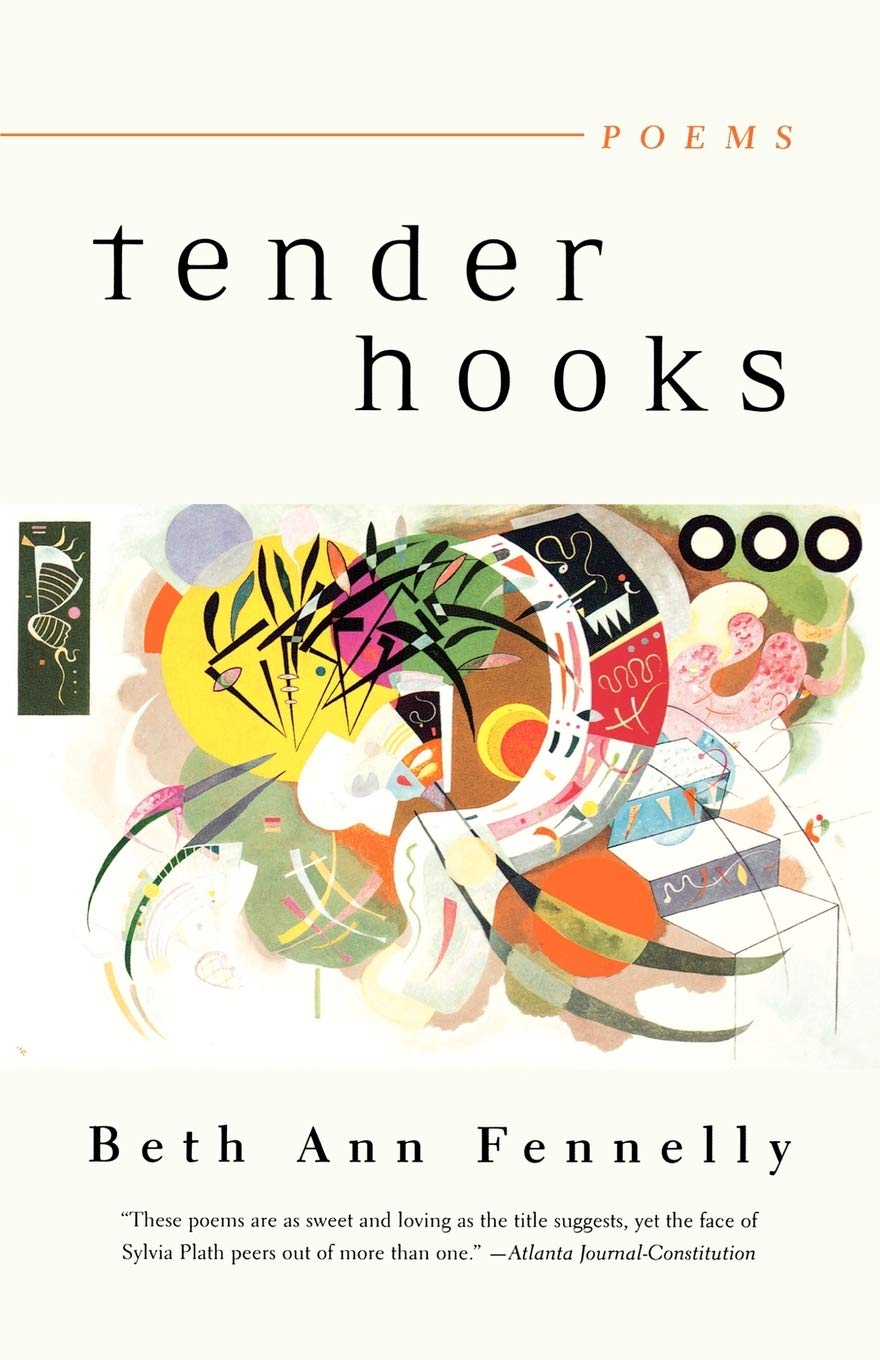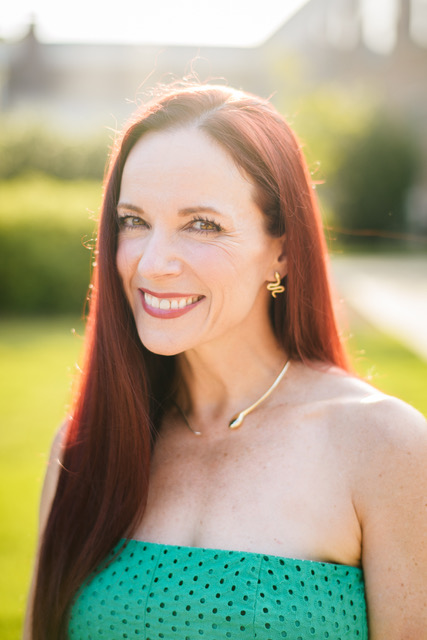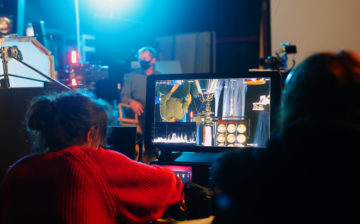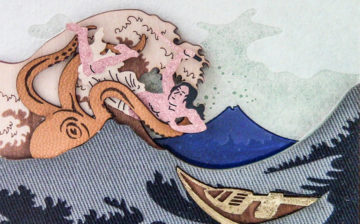Workshops
There are no available registration dates at this time.
NOTE: This class will be held in a live, online format using the Zoom Platform.
Class meets for five sessions (Wednesday+Sunday) 2:30-4:00pm ET
 This course will be comprised of all-level, intensive, interactive craft classes designed to introduce students to new exciting new forms of memoir. We’ll look in depth at various aspects of craft with the goal of better understanding how memoirs become memorable. Session will include prompts for generating new material and revising older material.
This course will be comprised of all-level, intensive, interactive craft classes designed to introduce students to new exciting new forms of memoir. We’ll look in depth at various aspects of craft with the goal of better understanding how memoirs become memorable. Session will include prompts for generating new material and revising older material.
Class 1: Wednesday Feb. 3 – Build Me a Hummingbird of Words: Micro-Memoirs
The hummingbird is the only bird that can fly forward, backward, sideways, and, for short distances, upside down—hummingbirds can do things other birds can’t do precisely because they are so small. In this class, we’ll look at tiny texts and learn what can be accomplished in a small space that can’t be accomplished in a bigger one. What can we learn by radically shifting scale? How can attention to the tiniest literary creations challenge and inspire us? We’ll look at word-hummingbirds such as the monostich, the 6-word memoir, the aphorism, the ten-second essay, and the American Sentence. We’ll end with a focus on the micro-memoir. Combining the extreme brevity of poetry, the narrative arc of fiction, and the truth-telling of creative nonfiction, the micro-memoir is an exciting hybrid form that blends inheritances from multiple literary parents. I’ll share ten things I’ve learned from writing micro-memoirs, and we’ll end class with a prompt so students can write their own.
Class 2: Sunday Feb. 7 – The Hermit-Crab Essay
In today’s increasingly heterogeneous landscape, cross-genre works that blend inheritances from multiple literary parents have a new urgency. The hermit crab essay is one such cross-genre form gaining in popularity. Just as the hermit crab is an animal that borrows the shell from another animal, a hermit crab essay borrows its structure from a non-literary, everyday source, such as a recipe, a crossword puzzle, or an advertisement. After looking at a few examples, students will create one themselves, heading out of our zoom session with a hermit crab just begging to be finished.
Class 3: Wednesday Feb. 10 – Dissecting the Frog: Strategies for Using Humor in your Writing
E. B. White said “Analyzing humor is like dissecting a frog. Few people are interested and the frog dies of it.” This class will see what we can learn from a little dissection with our donuts and coffee. We won’t seek to turn ourselves into comedy writers so much as we will learn some strategies to infuse humor into our more serious nonfiction. We’ll study examples from a range of contemporary writers, including Meghan Daum, Sloan Crosley, John Waters, Harrison Scott Key, and David Sedaris. Participants should bring with them a small writing sample (a few pages from an essay that could use some juice) as after studying others’ use of humor we’ll attempt to create some of our own.
Class 4: Sunday Feb 14. – Stranger on a Plane: the First Thirty Seconds
When someone sits down next to us on a plane and begins talking, we immediately evaluate them–are they worth engaging with, or is it time to insert the ear buds? In the same manner, when we read the opening paragraph of a memoir, we meet a character that we’re immediately judging as worthy of our time–or not. In this nonfiction class, we’ll look at several different opening paragraphs without outside knowledge of author/title/context in order to study how quickly successful voice is created. Our goal will be to sharpen skills we can apply to our own opening paragraphs. Participants will send in advance the opening paragraph of an essay-in-progress with their name removed; we will read them anonymously and discuss how voice is achieved.
Class 5: Wednesday Feb. 17: Class Reading followed by Q and A: Making a Path Forward
During this celebratory class, students will have the opportunity to share either their micro-memoir or hermit crab essay. We’ll end with some time to ask questions and talk about the writing life and the road to publication.
Share This

Instructor: Beth Ann Fennelly
Beth Ann Fennelly, Poet Laureate of Mississippi, teaches in the MFA Program at the University of Mississippi, where she was named Outstanding Teacher of the Year. Beth Ann has published three poetry books: Open House, Tender Hooks, and Unmentionables, all with W. W. Norton. She is also the author of 3 books of prose: Great With Child: Letters to a Young Mother, a collection of essays; The Tilted World, a novel co-authored with her husband Tom Franklin; and Heating & Cooling: 52 Micro-Memoirs (2018)—a celebratory book that combines the compression of poetry with the truth-telling of nonfiction. Ranging from childhood recollections to quirky cultural observations, these micro-memoirs build on one another to arrive at a portrait of Beth Ann Fennelly as a wife, mother, writer, and deeply original observer of life’s challenges and joys.




